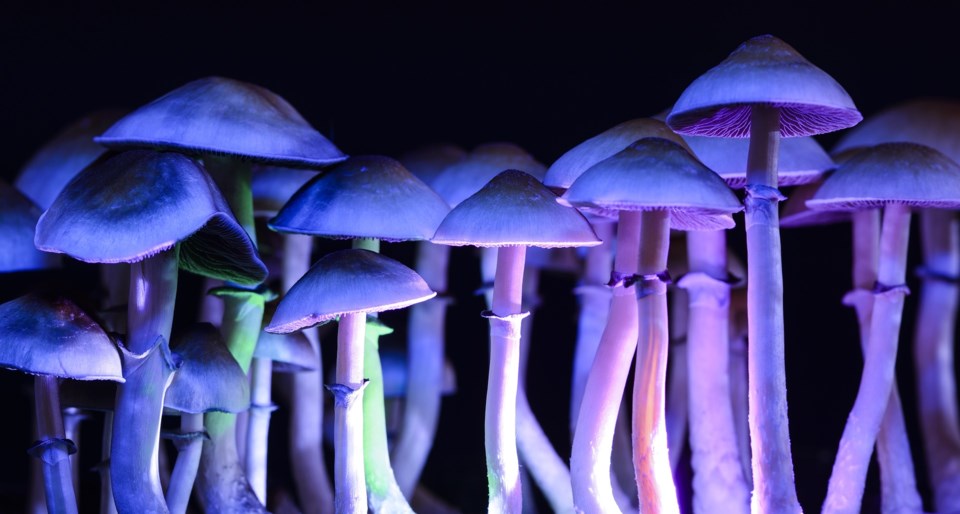After a two-year wait, University of Guelph researchers have been given the green light from Health Canada to grow magic mushrooms and study them.
U of G is one of the first Canadian universities to get the dealer's license.
"I've worked with medicinal plants for a long time, so I've had a long interest in this," professor Max Jones told GuelphToday. "There's been a lot of promising results recently, using psilocybin and other psychadelics, as well as magic mushrooms.
"From my perspective, what's really interesting is there's a lot of diversity out there that really hasn't been studied at all. That's really where I want to go with it."
Psilocybin – considered a controlled substance and illegal in Canada, minus granted exemptions – has come out over the last few years as an option for treating mental illness like depression, addiction, OCD and PTSD.
He said people tend to think of magic mushrooms as a particular mushroom producing psilocybin, but Jones said the reality is about 200 species of mushrooms all produce the compound. And that, to him, creates an intriguing thought.
"There's something driving evolution to produce compounds that interact with the human brain," Jones said. "And when there's this much diversity, we suspect that there's probably a lot of other compounds in these mushrooms that haven't been explored yet."
He said they're hoping to find the diversity of compounds that interact with the human brain, compounds that could have the potential for medical benefits.
Another aspect, Jones said, is looking into creating a public source of material so further studies can be performed by other researchers down the line.
"There's some private companies that are providing psilocybin and mushrooms, and that's great," he said. "But we feel there should be a public source, so everything's transparent and available to researchers."
Researchers here are looking to create a supply for preclinical and possibly clinical trials, in what will be a high-security facility on campus meeting Health Canada standards, with genetics and cultivation methods disclosed both to researchers and the public.
As for funding a project like this, he said they're actively looking for partners, but they do have some funding already that supports basic research they can use.
"We'll probably get started in the next couple weeks," he said.
